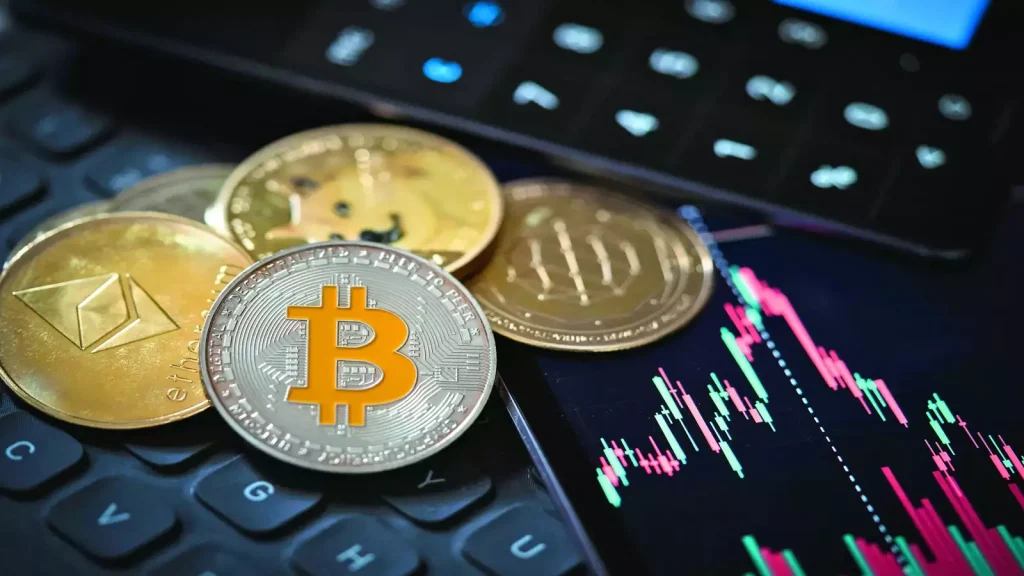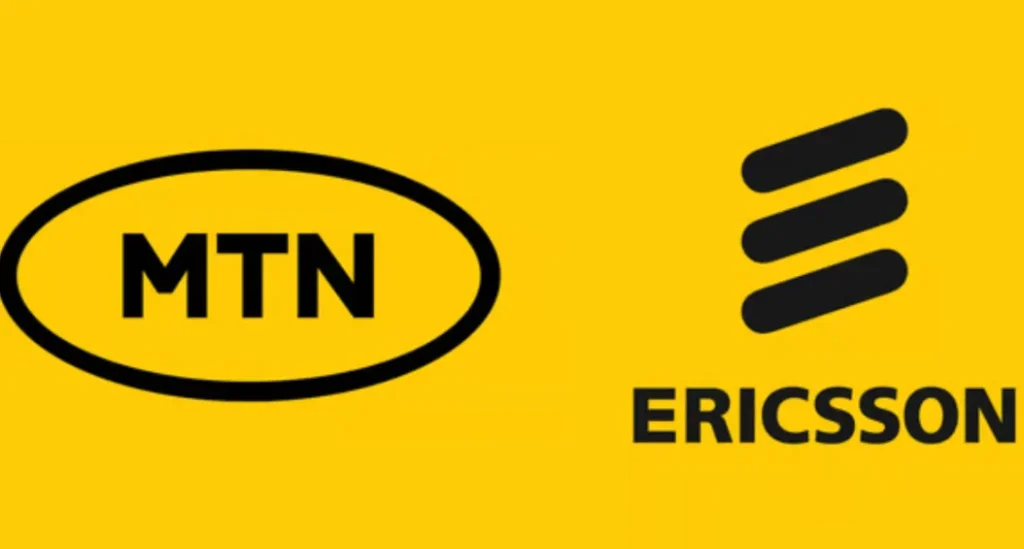In a major step toward modernizing its financial sector, the Bank of Ghana (BoG) plans to officially regulate cryptocurrency platforms and services by the end of September 2025, according to an announcement by Governor Dr. Johnson Asiama.
The statement came during the African Leaders and Partners Forum, organized by the EBII Group as part of the International Monetary Fund (IMF) and World Bank Spring Meetings in Washington, D.C.
Dr. Asiama outlined the central bank’s commitment to ensuring that Ghana keeps pace with global financial innovations while safeguarding its economic stability.
Legal Backing Through the Virtual Asset Providers Act
The move to regulate cryptocurrencies hinges on the successful passage of the Virtual Asset Providers Act, a critical piece of legislation that will grant the BoG the necessary authority to oversee digital asset service providers.
Dr. Asiama explained that the Act would require all entities involved in the digital asset space—such as cryptocurrency exchanges, wallet services, and blockchain platforms—to obtain licenses and comply with strict regulatory requirements.
“Virtual assets present significant opportunities but also substantial risks,” he said.
“Our goal is to strike the right balance between fostering innovation and protecting our financial system from potential vulnerabilities.”
The Act is expected to address issues such as anti-money laundering (AML) compliance, cybersecurity protocols, operational transparency, and consumer protection mechanisms.
Setting Up a Dedicated Digital Assets Oversight Division
As part of its readiness strategy, the Bank of Ghana is establishing a specialized unit solely focused on regulating digital assets.
This team will be responsible for monitoring market activities, enforcing compliance, investigating breaches, and developing technical expertise in blockchain technologies.
Dr. Asiama emphasized that digital currencies and virtual assets are no longer fringe innovations—they are rapidly becoming mainstream financial instruments.
“This is a technology we cannot prevent, hence the need to move fast to regulate it,” he noted.
The creation of this unit places Ghana among a growing list of nations proactively positioning themselves to manage the risks and opportunities associated with the digital economy.
Crypto Adoption in Ghana: A Booming but Risky Landscape
Ghana’s cryptocurrency market has experienced exponential growth in recent years, driven by factors such as mobile money penetration, financial literacy initiatives, and the population’s appetite for decentralized finance (DeFi) solutions.
Peer-to-peer (P2P) trading platforms have become especially popular, allowing individuals to exchange cryptocurrencies without relying on formal banking institutions.
However, this rapid growth has come with challenges—numerous cases of scams, Ponzi schemes, and hacking incidents have plagued the largely unregulated sector.
Regulation will help clean up the market, protect investors, and attract legitimate fintech companies seeking a stable operating environment.
It could also empower more Ghanaians to confidently participate in the global digital economy.
Strengthening Ties Between Africa and the United States
The African Leaders and Partners Forum served as a vital platform to discuss not only domestic reforms but also strategies for enhancing Africa’s economic ties with the United States.
With fintech emerging as a high-growth sector, Ghana’s regulatory readiness in the cryptocurrency space could attract U.S. investment, technology partnerships, and knowledge transfer.
Dr. Asiama highlighted that having clear and credible crypto regulations would enhance Ghana’s reputation as a secure destination for digital innovation and cross-border trade.
A well-regulated digital asset environment can also facilitate remittances, cross-border payments, and trade finance solutions, areas critical to Africa’s economic integration and growth.
A Roadmap for the Future
Following the passage of the Virtual Asset Providers Act, the Bank of Ghana intends to implement a comprehensive regulatory regime in phases.
The initial stage will involve licensing exchanges and service providers, followed by the introduction of standardized practices around custody services, staking platforms, and stablecoins.
The BoG will also work on raising public awareness about the risks and responsibilities associated with investing in cryptocurrencies.
Educational campaigns, investor protection hotlines, and regulatory sandboxes for startups could form part of the broader plan to build a secure and inclusive digital financial ecosystem.
In conclusion, the Bank of Ghana’s proactive approach to cryptocurrency regulation marks a transformative moment for the nation.
By moving swiftly yet thoughtfully, Ghana stands poised to become a continental leader in digital finance, turning potential risks into powerful opportunities for economic growth, innovation, and global competitiveness.












